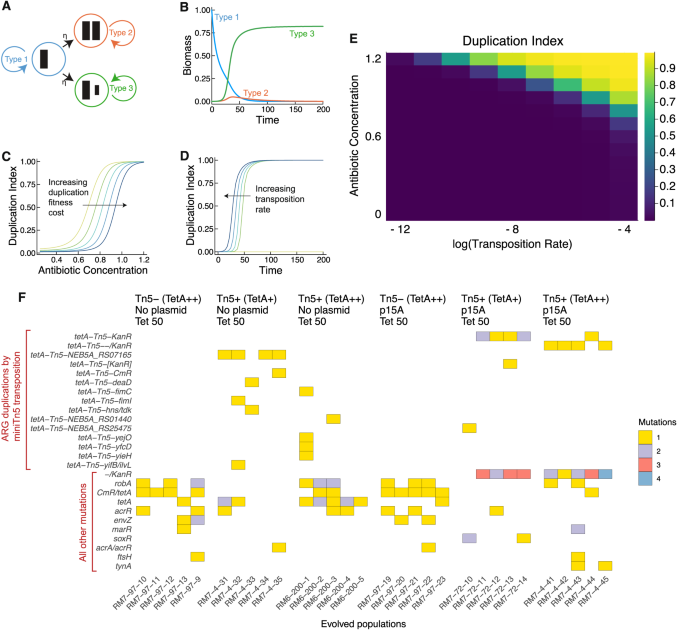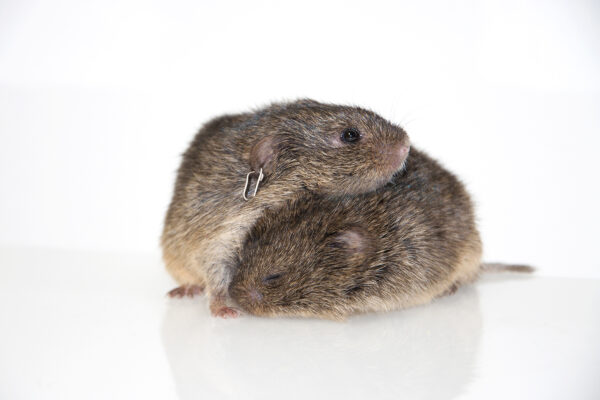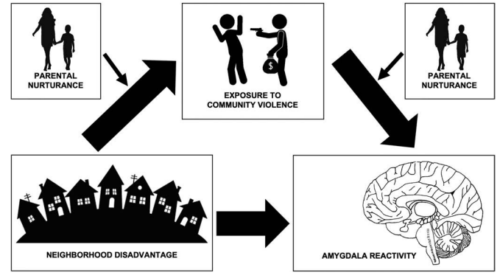2024-02-22 デューク大学(Duke)
◆研究では、高濃度の抗生物質にさらされた細菌がしばしば保護的な抗生物質耐性遺伝子の複数の同一コピーを有していることが示され、これらの複製された耐性遺伝子は「ジャンピング遺伝子」と呼ばれる転座子に関連しています。また、これらの遺伝子の複数コピーは、新しいタイプの薬に対する抵抗性を進化させるための手段を提供する可能性があります。
<関連情報>
- https://pratt.duke.edu/news/antibiotic-resistance-copies-elevated/
- https://www.nature.com/articles/s41467-024-45638-9
抗生物質耐性遺伝子の複製から、細菌における継続的な淘汰と水平遺伝子移動が明らかに Duplicated antibiotic resistance genes reveal ongoing selection and horizontal gene transfer in bacteria
Rohan Maddamsetti,Yi Yao,Teng Wang,Junheng Gao,Vincent T. Huang,Grayson S. Hamrick,Hye-In Son & Lingchong You
Nature Communications Published:16 February 2024
DOI:https://doi.org/10.1038/s41467-024-45638-9

Abstract
Horizontal gene transfer (HGT) and gene duplication are often considered as separate mechanisms driving the evolution of new functions. However, the mobile genetic elements (MGEs) implicated in HGT can copy themselves, so positive selection on MGEs could drive gene duplications. Here, we use a combination of modeling and experimental evolution to examine this hypothesis and use long-read genome sequences of tens of thousands of bacterial isolates to examine its generality in nature. Modeling and experiments show that antibiotic selection can drive the evolution of duplicated antibiotic resistance genes (ARGs) through MGE transposition. A key implication is that duplicated ARGs should be enriched in environments associated with antibiotic use. To test this, we examined the distribution of duplicated ARGs in 18,938 complete bacterial genomes with ecological metadata. Duplicated ARGs are highly enriched in bacteria isolated from humans and livestock. Duplicated ARGs are further enriched in an independent set of 321 antibiotic-resistant clinical isolates. Our findings indicate that duplicated genes often encode functions undergoing positive selection and horizontal gene transfer in microbial communities.


